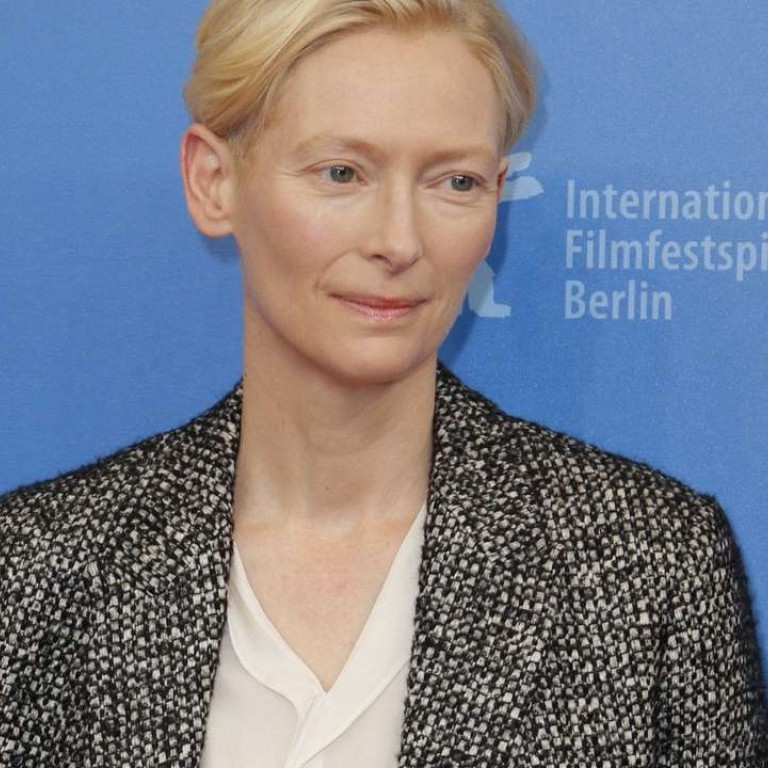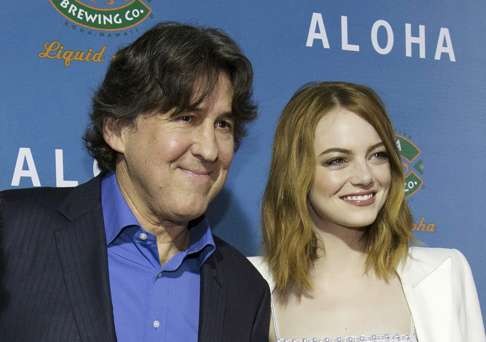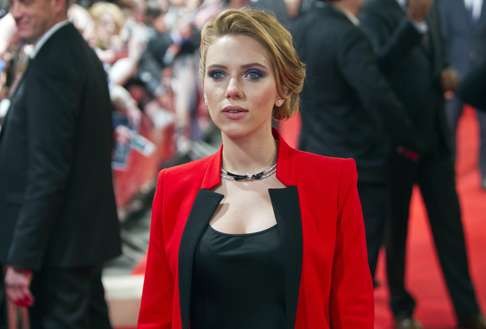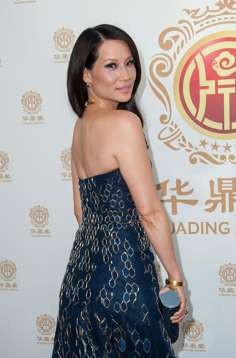
It’s time to stop whitewashing Asians off the big screen
Kelly Yang warns that Tilda Swinton and Emma Stone playing Asian characters is part of a vicious cycle: fewer Asian characters get written, fewer Asians are inspired to become actors, and fewer Asian actors are available to play Asian roles
My jaw dropped recently when I saw the trailer for the Disney/Marvel movie Doctor Strange, in which Tilda Swinton plays the Ancient One, a male Tibetan mystic in the original Marvel comics. Tilda Swinton, the White Witch from The Chronicles of Narnia – really? That’s the best Hollywood could do for an Asian character?
I’m not a big comic book fan, but come on. We have #WeNeedDiverseBooks and #OscarsSoWhite. The culmination of such campaigns is diverse characters. Yet, when these diverse characters get whitewashed when they get to the movie stage, we go right back to square one.
Has Doctor Strange sparked another race controversy in Hollywood?
And this is exactly what keeps happening. While Asians make up 36 per cent of the employees of Facebook, in the movie The Social Network, the only Asians I saw were the women who fooled around with Mark Zuckerberg and his friends.
Last year, in the movie Aloha, Cameron Crowe cast Emma Stone as Chinese-American Allison Ng. And just this week, we have newly released pictures of Scarlett Johansson trying to look as Japanese as possible as Motoko Kusanagi in the upcoming film Ghost in the Shell, based on the beloved Japanese anime. ScreenCrush reported that the producers even considered using digital tools to make Johansson look more Asian. Here’s an idea – if you want a character to look more Asian, get an Asian.

As a writer, I’m very distressed by this because, essentially, it’s a self-fulfilling prophecy. I worry that if this sort of Asian whitewashing in Hollywood continues, over time, Asian writers will write fewer Asian characters.

With fewer Asian characters written from the outset, even fewer Asians will want to go into acting. The chance of these actors getting the kind of big break to thrust them to “A-list international stardom” will plummet even farther, which in turn will further discourage Asians from being actors, and writers from writing Asian roles.


And while that may be cool with certain individuals who see their life’s work as more than just their ethnicity, for Asians as a group, it’s not cool.
It’s not cool to see your culture’s stories and experiences get reassigned to another group time and again. It’s not cool to see Asian authors writing story after story with exclusively white characters, occasionally tossing in an “exotic” half-white, half-Chinese character.
How Asian-Americans are fighting stereotypes to take on leading roles on and off Broadway
And it’s really not cool to see the few character roles that are Asian given to non-Asians and, somehow, we’re supposed to feel good about it – because, according to Landis, “If you’re mad about Ghost in the Shell, you don’t know how the movie industry works.”
Yes we do. It works like this: it’s either racist or shockingly out of touch. Either way, it needs to change.
Kelly Yang teaches writing at the Kelly Yang Project, an after-school centre for writing and debate in Hong Kong. She is a graduate of UC Berkeley and Harvard Law School. www.kellyyang.edu.hk

